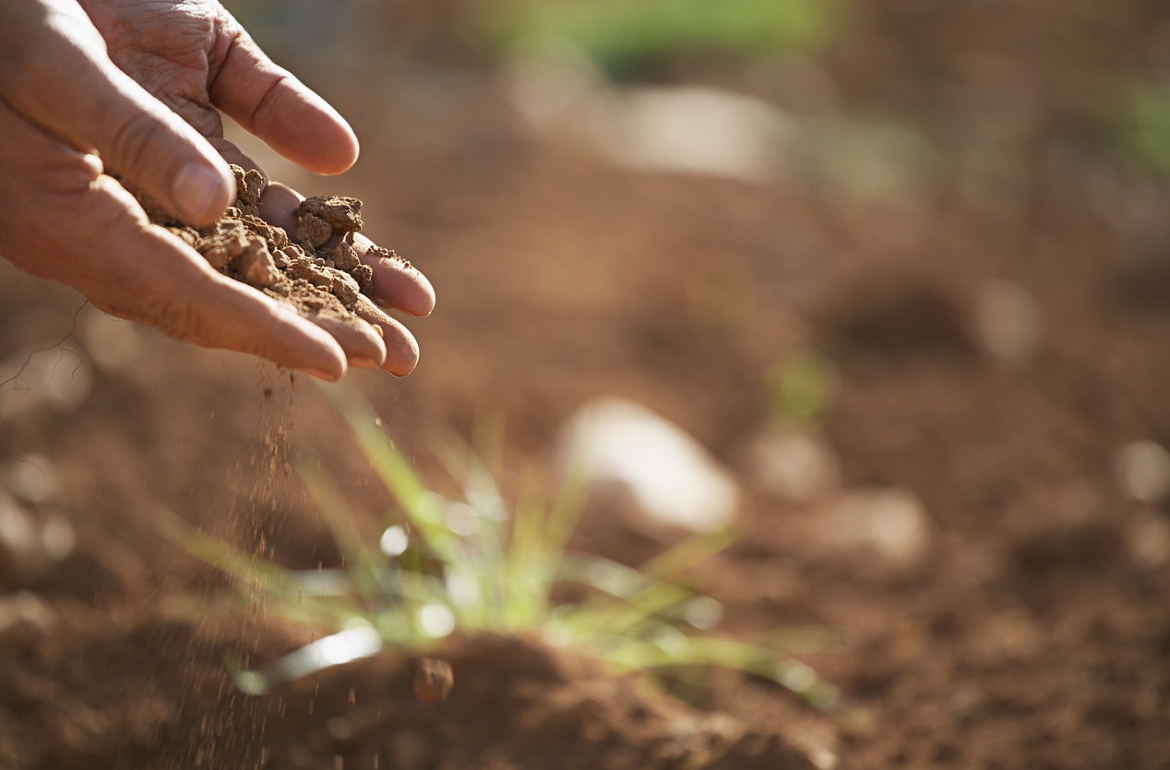Soils Aren’t Dirt – Local Scientist Urges Priority for Healthly Land Use
Author: Petre Williams-Raynor | Published: October 19, 2017
With soils the second largest carbon store after oceans, one local scientist is insisting they must be given their due as Jamaica boosts efforts to minimise the threats of a changing climate.
“I think that any discussion surrounding climate change mitigation and adaptation should involve soils, at least to some extent,” said Dr Adrian Spence, research fellow at the International Centre for the Environment and Nuclear Sciences at the University of the West Indies, Mona.
The emission of carbon dioxide and other greenhouse gases are fuel for a changing climate that manifests in not only warmer global temperatures, but also increased sea surface temperatures, sea level rise and extreme weather events, the likes of which were recently felt with the passage of hurricanes Harvey, Irma, Maria, and Jose.
“Soils contain huge amounts of carbon and this can either be a source or a sink. We have almost 30 per cent of the CO2 in the atmosphere coming from the soil. Because of this huge amount of carbon, even small changes, perturbations of that could significantly increase CO2 concentration in the atmosphere,” added the biogeochemist.
LAND USE CHALLENGE
Among the things that can bring that about, Spence explained, are changes in land use and certain other agricultural practices.
“Land use and land use changes is the second leading cause of anthropogenic CO2 emissions, second to CO2 from fossil combustion (electricity, motor vehicle emissions, etc),” he noted.
The caution to value soils is also reflected in information out of the Food and Agriculture Organisation (FAO) of the United Nations (UN), in a 2015 article titled ‘Soils help to combat and adapt to climate change’.
“When managed sustainably, soils can play an important role in climate change mitigation by storing carbon (carbon sequestration) and decreasing greenhouse gas emissions in the atmosphere,” reads the article published in the year that was designated ‘International Year of Soils’ by the UN.
“Conversely, if soils are managed poorly or cultivated through unsustainable agricultural practices, soil carbon can be released into the atmosphere in the form of CO2 which can contribute to climate change,” it added.

